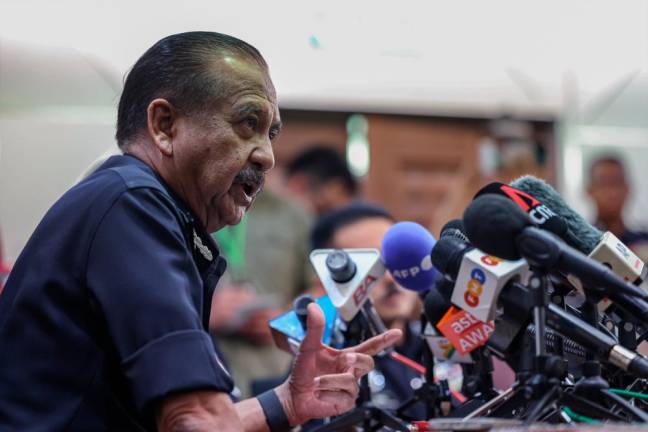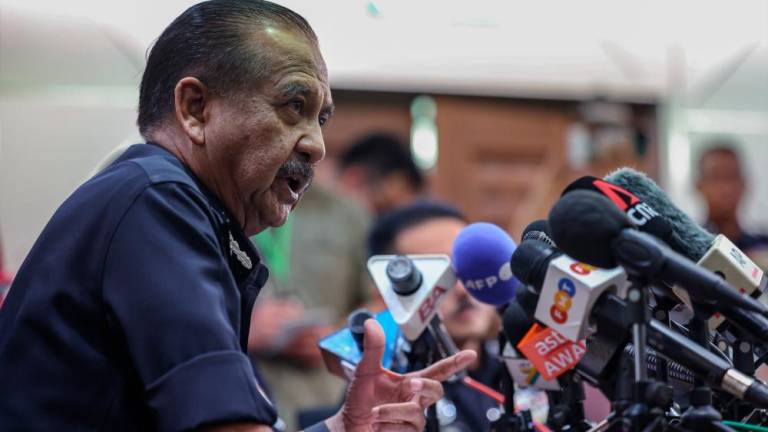GEORGE TOWN: Foreigners who have been raking it in, beware. The taxman is after you.
The Inland Revenue Board (IRB) estimates that the business activities of foreign nationals in Malaysia now account for 21% of the country’s gross domestic product (GDP), or about RM300 billion. This is also known as the “shadow” economy.
IRB chief executive officer Datuk Seri Dr Sabin Samitah said some if not all, of such revenue, was taxable and the authorities would be focusing on getting its dues.
“We want to ensure that wealthy foreigners do not default on their tax payments,” he said at the opening of a three-day conference for IRB state directors here yesterday.
He said the IRB would tighten surveillance on financial transactions among companies with foreign interests. “Their accounts will be subjected to tighter audits,” Sabin said.
Foreign individuals who have amassed an unusual amount of wealth will also be subject to additional audits to prevent the repatriation of illicit income to international tax havens.
Sabin said the IRB was buoyed by its recent success in collecting RM145.078 billion for the financial year 2018, an increase of RM8 billion or 5.87% over the previous year. This is the IRB’s highest collection to date.
He expects the collection for 2019 to increase by another RM8 billion to RM154,676 billion.
Finance Minister Lim Guan Eng, who declared open the conference, explained that illicit transactions, including those of a criminal nature, could be found in the “shadow” economy.
“From money laundering to tax evasion, corruption to white-collar crimes, they are all there,” he said.
Lim urged the IRB to join forces with the police and the Customs and Excise Department to clamp down on those who had benefited from the “shadow” economy.
He said a holistic approach was needed to pursue offenders. “Digital forensic data will be used to hunt down tax evaders, especially those who exploit the financial system,” he said.
He said the use of digital data analysis, through the roll-out of the e-wallet, could contain the spread of the “shadow” economy.
“The IRB must embrace the rapid digitalisation of the economy to ensure that tax evasion is curbed,” he said.
However, Lim noted, Malaysia continued to lag behind other similar-size economies.
Figures from the World Bank show that although Malaysia’s economy has grown in excess of RM1.353 trillion, the tax collection rate is only 13.1% of GDP. This is much lower compared with Vietnam, Chile, Poland and South Korea.
However, Lim stressed that the IRB would use diplomacy and counselling rather than punitive action to persuade errant individuals and companies to pay up.













